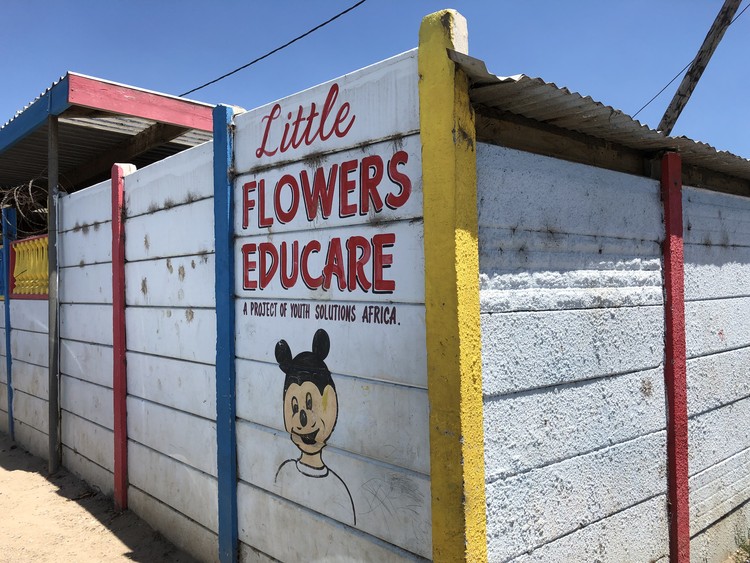
28 September 2023
The state should provide free early childhood education, argues the writer. Archive photo: Mary-Anne Gontsana
Nearly all early childhood development (ECD) programmes in South Africa (94%) charge fees. Parents who can’t afford to send their child to an ECD programme, such as those from rural areas and townships, often have no choice but to wait until their child is seven years old to access free education. The implications of this are significant.
According to the most recent Progress in International Reading Literacy Study (PIRLS), 81% of Grade 4 learners in South Africa are unable to read for meaning, particularly those coming from the rural provinces. The PIRLS findings reveal problems with teaching and learning in pre-Grade R and the Foundation Phase.
The South African government has recognised that ECD is key to responding to this reading crisis yet, while the government keeps highlighting the importance of early childhood education, it fails to make the corresponding investment in it.
Data collected for the ECD Census 2021 found that only 34% of children are enrolled in an ECD programme. One major reason for this is the inability to pay fees.
Section 29(1)(a) of the Constitution provides that everyone has a right to basic education, and there is nothing in the wording of this provision to suggest that the right is limited to primary and secondary education. In the light of commitments South Africa has made in international law to promote early childhood development, ECD could be understood to form part of that right. The South African policy framework has adopted this position. The National Integrated ECD Policy of 2015 explicitly recognises the right to early childhood development as an existing right for children, which the state has a duty to fulfil.
The draft Basic Education Laws Amendment Bill (BELA) is also another potential step towards the recognition of the right to early childhood education through the introduction of compulsory pre-Grade 1 education.
The government has also moved the ECD function from the Department of Social Development to the Department of Basic Education. This is intended to create an integrated model that will ensure access to quality early learning and development opportunities for all children.
All this strongly suggests that the state has the duty not only to regulate and subside ECD programmes but to directly provide early childhood education services to children. The state provides free basic education. If early learning is part of the right to basic education, why shouldn’t the state also provide free ECD programmes?
It is important that the right to early childhood education is more clearly established to ensure that there are clear legal entitlements for a recognised right. This will provide a clear picture of which government department is responsible for the realisation of such a right.
Parents who cannot afford to pay for quality early childhood education for their children and who do not want to wait for them to start primary school often send their children to poor, makeshift, unregistered ECD centres that charge lower fees. These ECD centres lack adequate infrastructure, do not have monitored curriculum delivery, and often have an unsafe learning and playing environment.
To circumvent the challenges in the ECD sector and ensure the advancement of early education, the government must step in and put its money where its mouth is. Direct government provision of early childhood education would be an important step towards the recognition of a constitutional imperative.
Views expressed are not necessarily those of GroundUp.